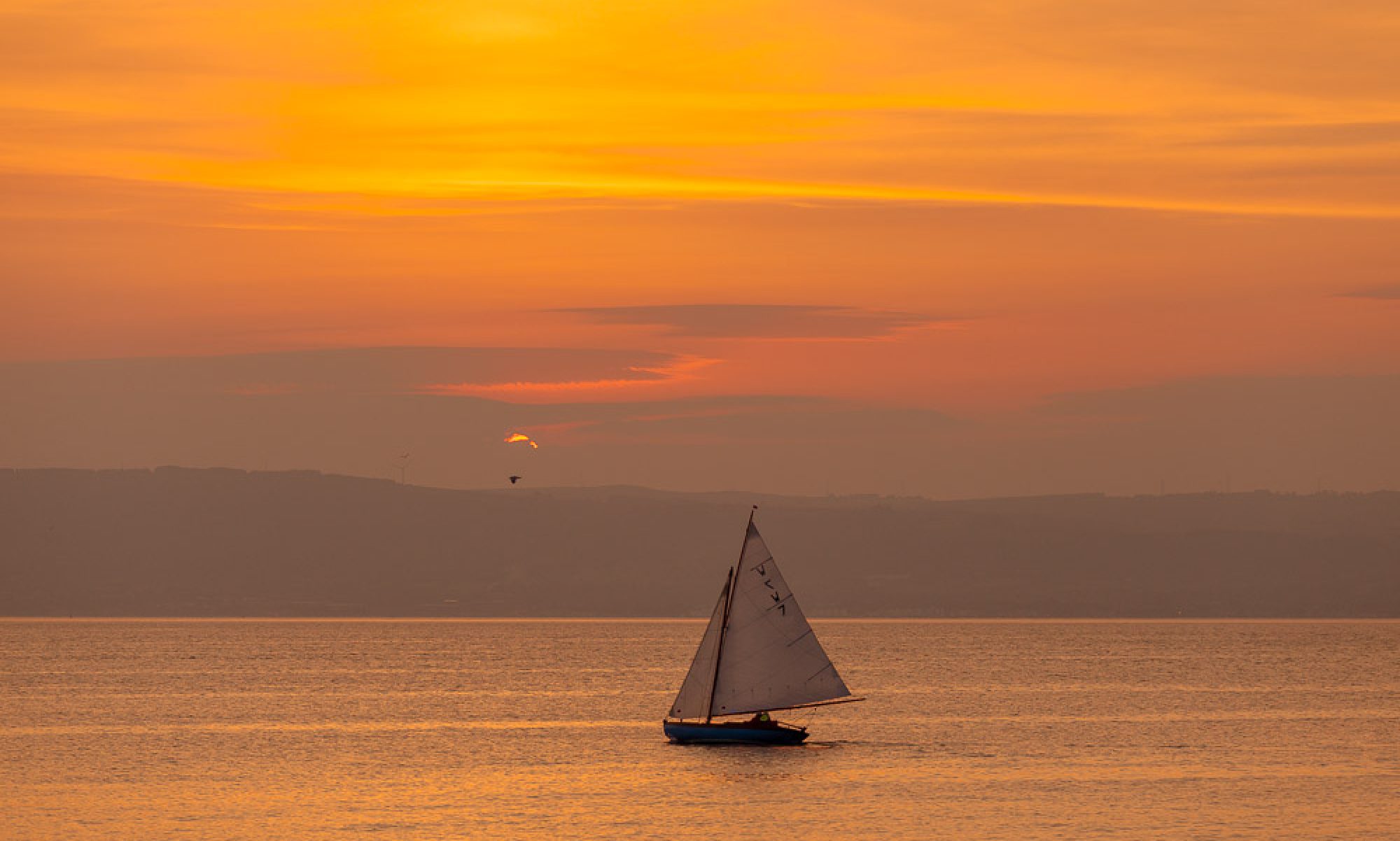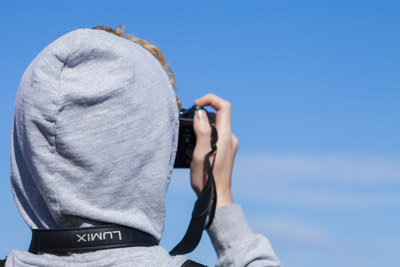Mirrorless Cameras
I’ve been reading a lot lately about mirrorless cameras. It’s difficult to avoid reading about them. Browse any photography magazine or blog and many seem to either have sold their DSLR’s and bought a mirrorless camera or are thinking of doing it.
It’s by no means like carrying a hod but a day spent shooting with my Canon 5d2 and I know about it in the evening. The weight is more in the lenses than the camera body but it’s still weight.
Most mirrorless cameras and their lenses are smaller, making the complete package lighter and less bulky. This makes them less conspicuous than an SLR and in some circumstances this can be an advantage.
Things have settled a bit now but in the recent past everyone aspired to a “full frame” camera and I delight in using the Canon. It feels so familiar, but a smaller, lighter camera would make a day walking around shooting much easier on back and shoulders.
I shoot mainly stock and in recent months I’ve managed to convince myself that a full frame sensor is overkill for what I do. It produces better quality images than I need and it’s too expensive. One of my most productive cameras is my 12mp Fuji X100.
Doubt me? Look at the results you can get nowadays from a smaller sensor, then look at the cost of a full frame camera. Now look at how much you were paid for the last stock image you licensed. Anyway quality doesn’t end with full frame sensors. Follow the size argument and we’d all have medium format cameras.
Sony A7 cameras are mirrorless and full frame and small. The lenses, however, aren’t. Lens size is dictated by the size of the sensor and how fast the lens is, not by the size of the camera. They’re also expensive and so are the lenses. But if you want to go mirrorless and full frame then one of the Sonys is for you.
I’ve been experimenting with Panasonic, a GX7 and a GX80/85 and some assorted lenses. The GX80/85 can produce 4K video. I can’t say with any certainty that video is the future but it probably is, so I intend to jump on that train as it passes. It left the station some time ago.
Both cameras are tiny compared to my Canon. I can carry them for hours in a small Lowepro bag without pain and I don’t attract attention when I’m using them. I have found they aren’t as intuitive to use as my Canon but I hope this is mainly down to me having used Canons for so long. I’ve gone from 40D to 50D to 5D2 and anything else is always going to feel a bit strange.
Many stock shooters use Micro Four Thirds cameras so I expect them to be fine for general shooting. I’ll keep my Canon for those rare occasions I need the quality the bigger sensor gives.
Time will tell and I expect I’ll adapt.

